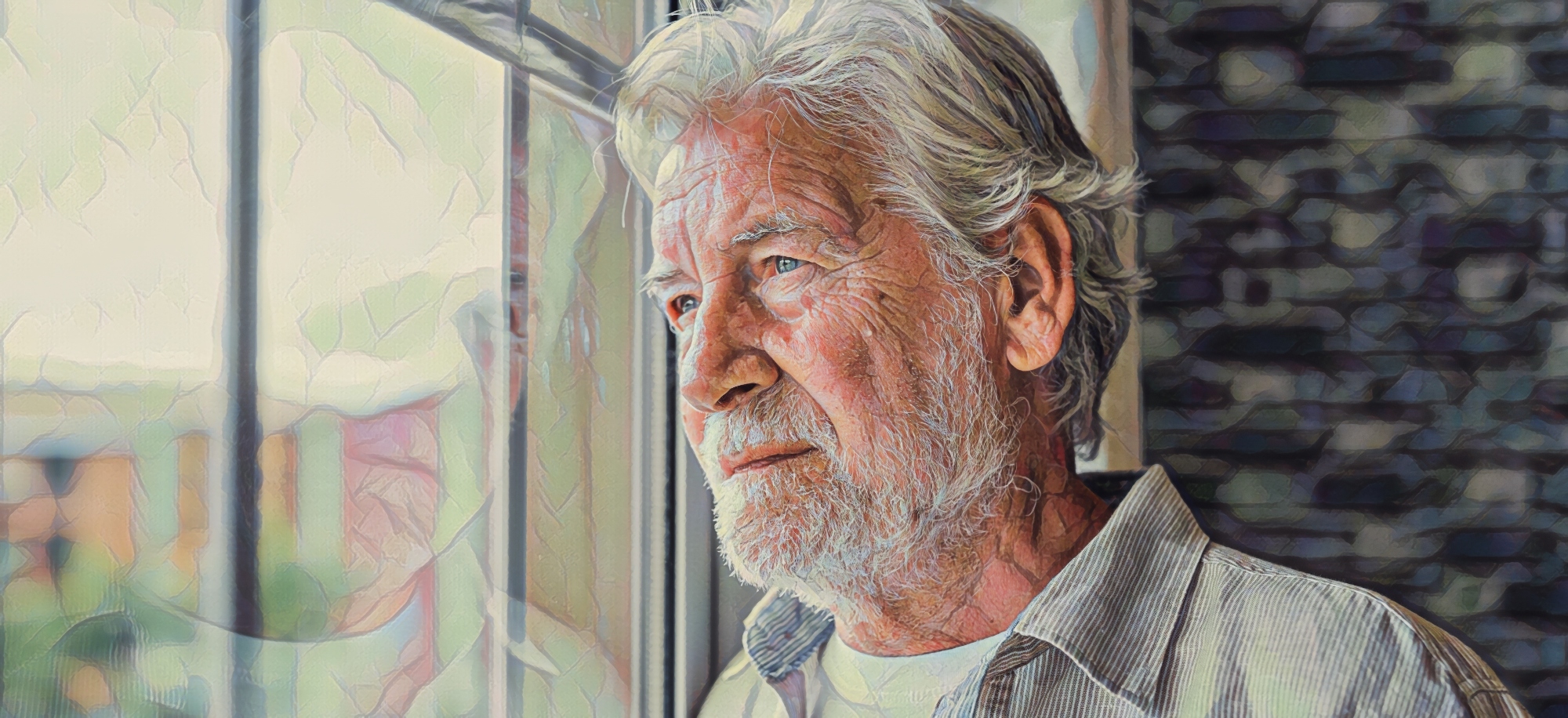If you are reading this, it is likely that you have experienced the heartbreaking loss of a child to suicide. On behalf of everyone at the Alliance of Hope, I want to extend our deepest condolences and heartfelt sympathy. Losing a child is a devastating event that no parent should ever have to face.
When a child dies by suicide, loved ones are thrust onto a tumultuous grief journey. It is common to experience intense emotions or intrusive thoughts. Survivors of suicide loss often experience a rollercoaster of emotions that can seem never-ending.
If you are in the early stages of grief, it may feel as if you are making no progress. However, it is important to know that with time, support, griefwork, and self-compassion, the sharpness of pain usually begins to diminish. We sometimes say that survivors take ground “inch by inch.”
Remember that suicide is a complex issue.
When a child dies by suicide, it is common for parents to feel overwhelmed with guilt and self-blame. They often question every decision they made or didn’t make leading up to the tragedy. It’s crucial to recognize that suicide is a multifaceted issue with various contributing factors, and your child’s death is not a reflection of failed parenting. Suicide occurs in even the most loving and supportive families.
Don’t hesitate to reach out for help.
Many fathers have told us that coping with the death of their child was especially challenging due to unreasonable societal norms. For too long, men and boys have been told to remain in control of their emotions and tough it out. These societal pressures can create obstacles for men in processing their emotions and seeking assistance when needed.
It is important to acknowledge your pain and seek support. It is acceptable not to be okay, and it is crucial to prioritize your mental and emotional well-being during this difficult period. Speaking about your feelings and sharing your experiences can help in processing your grief and starting the healing process.
Connecting with others who have experienced similar losses – especially those who are further out in their journey – can provide empathy, understanding, and hope. You are not alone in your grief, and there are people willing to help you through this challenging time. Reach out to loved ones, friends, a support group, or a professional counselor. Check out the Alliance of Hope Forum for Suicide Loss Survivors. Our 24/7 online forum hosts a large community of compassionate people who understand the nature of suicide loss.
Please grant yourself the freedom to grieve at your own pace.
Self-care is essential during this intense period of grief. Engage in activities that bring you peace and comfort, and give yourself permission to grieve in your own way. Be gentle with yourself and allow all emotions, whether anger, guilt, sadness, or numbness, to surface. Your grief is valid, and it is important to honor your unique process of healing.
The unimaginable loss you have experienced will always remain a part of you, but with time and support, the pain will soften. As you navigate this challenging path, remember that others are here to support you. Healing is possible, and there is strength within you to find a path forward.
Your child will forever occupy a central place in your heart and your mind, and your connection to them will endure eternally. Approach each day with gentle kindness toward yourself, and trust that more peaceful days are on the horizon. Move forward with the knowledge that you are surrounded by compassion and that you are not alone.




